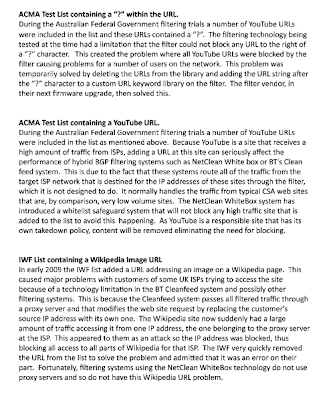
Photograph from The Sydney Morning Herald
Japan's new Prime Minister Yukio Hatoyama apparently doesn't like whale meat, but according to The Sydney Morning Herald and other sources his desire to protect his country's fishing interests is quite strong:
Despite Hatoyama's reported dislike of whale meat he urged Balkenende to take action against the group over its attacks on Japanese whalers in the Antarctic, government officials said.
There has been some discussion in the media of the possibility that Japan may draw back slightly from a position based mainly on national pride and that the whaling fleet's peak body may be facing funding cuts as reported in The Age:
A Japanese parliamentary review panel targeted the 80 billion yen ($A960 million) given to the OFCF for all of its fisheries programs on Thursday at one of its first public hearings......
A 2008 investigation by the Asahi Shimbun newspaper found that the OFCF had propped up the Institute of Cetacean Research with yearly interest-free loans of around 3.6 billion yen since 2001, but the institute had been unable to pay them back in full.
That Japan might have been considering changing focus from its Antarctica hunt in the southern hemisphere summer to hunts in the North West Pacific and in its own coastal zone is perhaps a faint possibility
as there is a paucity of published JARPA/JARPAII 2008 Antarctic-based research which might in other circumstances indicate a falling away of interest. However this may not denote decline but may be a function of increased intervention by anti-whaling vessels during the whale killing months.
What is a more realistic scenario is that Japan (still convinced that whales are consuming commercial fish stock and causing supply shortages on its domestic market) will continue in the same vein as The Shared Interests of International Whaling Commission Members Supporting the Principle of Sustainable Use Tokyo, Japan 23 April 2009 :
- WE SUPPORT the principle of sustainable use of abundant whale stocks which contribute to sustainable coastal communities, sustainable livelihoods, preservation of cultural traditions, food security and poverty reduction;
- WE OPPOSE placing the use of whales outside the context of the globally accepted concept of sustainable use and the norm of science-based management and rule-making, as whales are no different from any other living marine or terrestrial resource traditionally utilized for food;
- RECOGNIZING that many whale stocks are abundant and increasing, we support the sustainable use of abundant stocks of whales and the protection of depleted ones, consistent with the ICRW;
- WE WELCOME the resumption of international trade in whale products and reiterate that the IWC has no competence on this issue;
- WE NOTE with concern the continued use of existing classifications, such as "Aboriginal Subsistence", "Commercial" and "Small-Type Whaling", as these discriminatory terms have no meaning in resource management.
- WE RECOMMEND strongly the use of the universal language "Harvest Quota" when describing all off-takes of whales irrespective of purpose;
- WE OPPOSE the continuation of the moratorium for those whale stocks that have recovered and are abundant, given the risk-averse management procedure for calculating quotas, that is, the RMP, which has been adopted by consensus by the IWC;
- WE CONTINUE TO REJECT the creation of sanctuaries which are inconsistent with the ICRW;
- WE RECOGNIZE THE NEED of both lethal and non-lethal scientific research related to population growth and the interactions between whales and the marine ecosystem, and
- WE SUPPORT decisions that ensure food security and the maintenance and preservation of traditional food cultures as a fundamental right.














